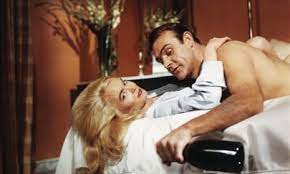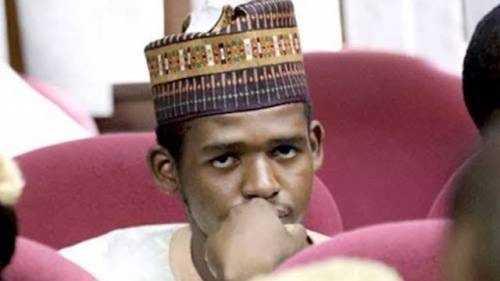US Reaction to Royal Photo Controversy: ‘Where is Kate?’ Story Garners Extraordinary Attention
The recent controversy surrounding a doctored family photograph of Kate Middleton, the Princess of Wales, has ignited intense speculation and discussion not only in the UK but also across the United States. Since the photo’s release on Mother’s Day, social media platforms have been buzzing with discussions and conspiracy theories about Kate’s whereabouts and well-being.
According to analysis by Sky News, the number of mentions of “Kate Middleton” on Facebook and Instagram in the US skyrocketed from about 2,600 to over 128,000 following the release of the edited photo. Celebrities, influencers, and even political figures have joined the conversation, with the White House Press Secretary fielding questions about digitally altered images and the president’s awareness of the situation.
The phenomenon has been dubbed “KateGate” in the US, with influencers and media personalities capitalizing on the intrigue surrounding the princess’s absence from the public eye. The story has become fodder for talk shows like The Late Show with Stephen Colbert and The Daily Show, where hosts and comedians dissected the controversy with humor and skepticism.
Even reality TV star Kim Kardashian and actress Blake Lively jumped into the fray, posting tongue-in-cheek references to the royal situation on Instagram. However, not all responses have been lighthearted, as some commentators criticized the celebrities for seemingly mocking Kate’s health concerns.
The internet, known for its penchant for conspiracy theories, has been ablaze with speculation about Kate’s condition and the authenticity of the released photographs. Dubbed “Katespiracies,” these theories range from serious concerns about the princess’s well-being to outlandish ideas involving reality TV appearances.
Overall, the US reaction to the royal photo controversy underscores the widespread fascination with the British monarchy and the power of social media to amplify and distort narratives, even across international borders.







